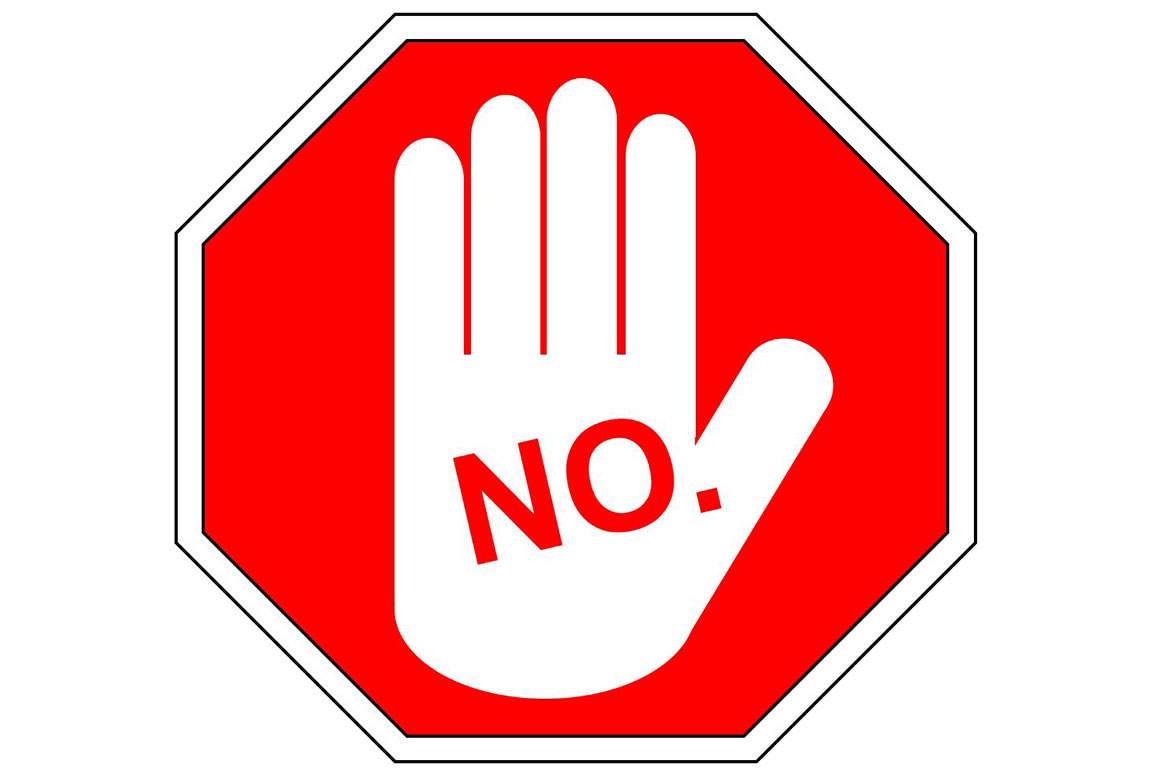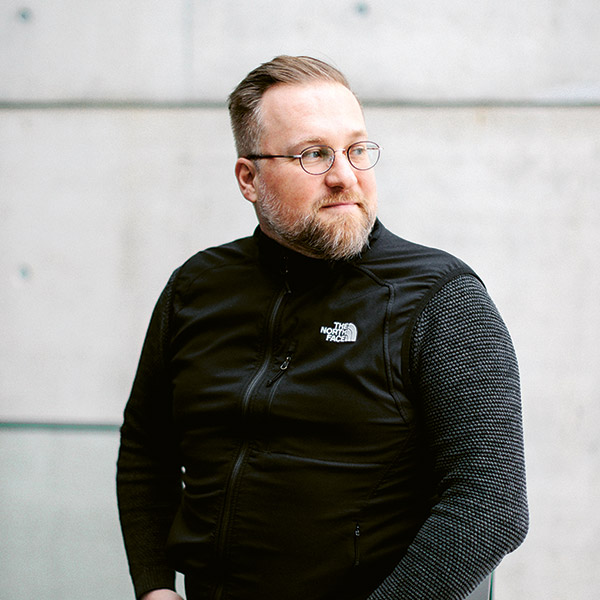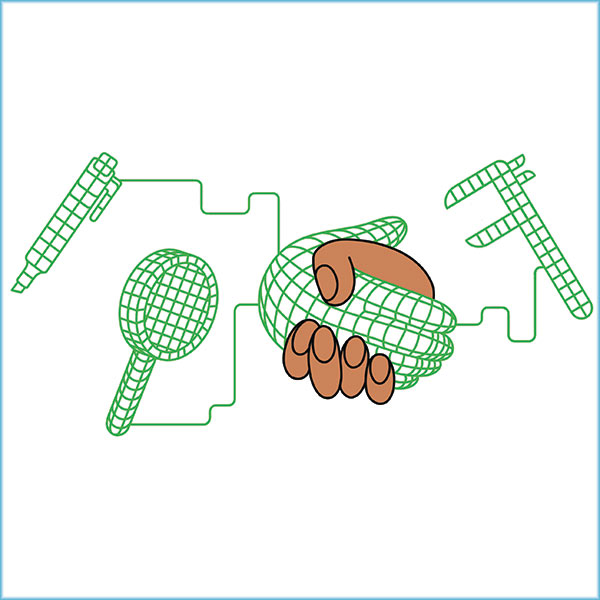Zero tolerance for harassment
Ranking, harassment, ethics and careers: the latest in international science policy

Switzerland is cheap
ETH Zurich and EPFL offer some of the best value for money to students, according to Swissinfo. They offer remarkable average university rankings (13 and 42, respectively) for a modest enrolment fee (around USD 1,200). They find themselves behind three German universities (LMU, TUM and Heidelberg) as well as The Rockefeller University, which are all free.
Zero tolerance for harassment
The Wellcome Trust now requires the research institutions receiving its funding to adopt clear practices to manage workplace harassment issues. Those failing to do so may face sanctions that extend to a withdrawal of funding.
Ethics: Europe is tightening the screw
The European Commission wants to ensure that international projects are not vehicles for conducting research elsewhere that would have been refused on ethical grounds in Europe. A new code of conduct will apply to all projects funded under Horizon 2020. It will ensure compliance not only with animal testing standards, but also with less well-known standards that aim to ensure international projects respect scientists, participants and local populations.
Careers are forged very early on
Scientists’ careers are strongly influenced by their very first postdoctoral funding applications, according to a study of more than 20,000 Dutch scholarship applications. It analysed projects that scored very close to the threshold for funding: i.e., the difference between borderline failure and success. In successful cases, the chances of subsequently obtaining a professorship increased by 50 percent and the subsequent funding obtained over the following eight years was double that of the projects refused in extremis. On the contrary, there was no marked difference in a scientist’s direct scientific impact (the number of publications and citations).
Idea: Auditing scientists
Subjecting research groups to random audits could counter the pressure to publish unreliable articles at an increasingly quick rate. This is the result of a simulation that placed 100 computer-generated laboratories into competition. It predicted that the proportion of laboratories succumbing to this competitive spiral would fall from 99 percent to five percent following audits of only two percent of the articles published (laboratories publishing erroneous results would eventually be eliminated altogether). The cost of audits would amount to USD 170 per published article, i.e., approximately CHF 850,000 for the 5,000 or so annual publications stemming from SNSF-financed research.




